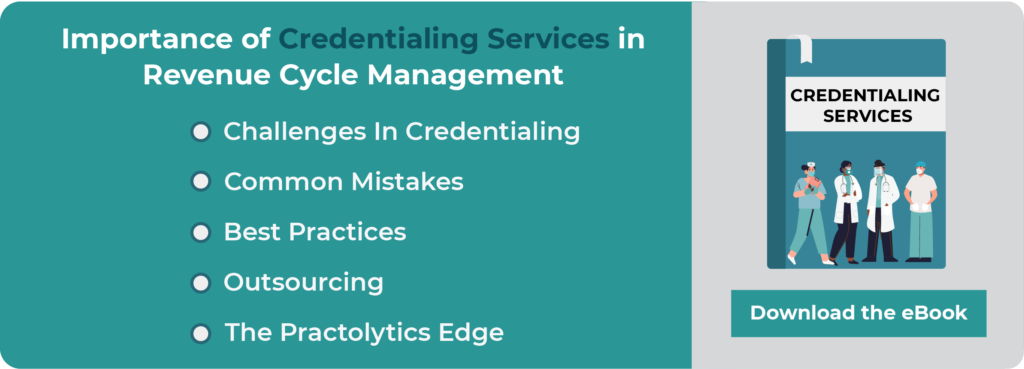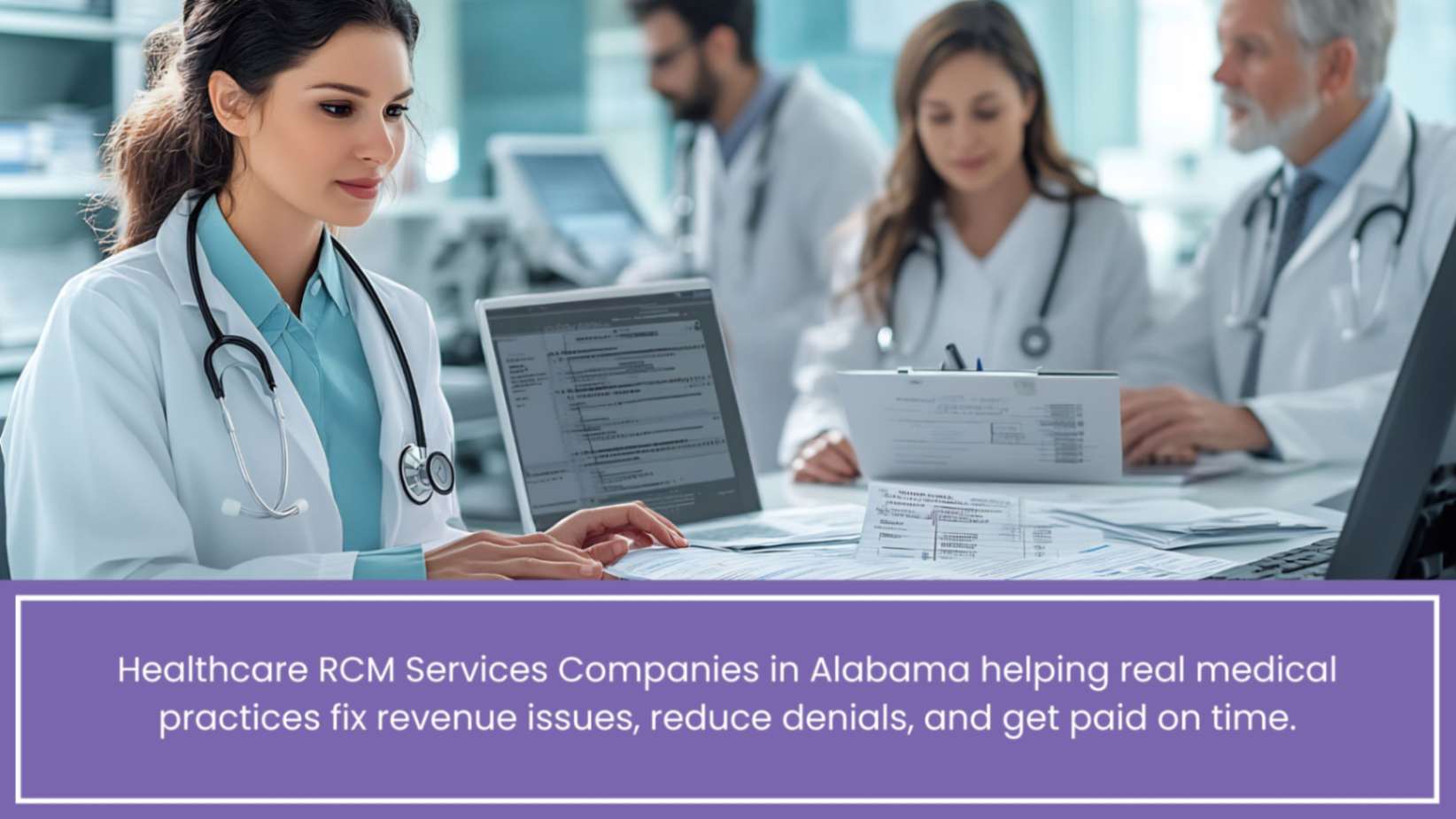Navigating Healthcare Credentialing Revolution with Practolytics
Navigating Healthcare Credentialing Revolution with Practolytics is crucial as the healthcare sector undergoes constant changes. With evolving regulations, credentialing ensures service quality and safety. significant changes will impact professionals and institutions. This blog explores these shifts, providing insights for practitioners adapting to the dynamic credentialing landscape.
The Importance of Credentialing in the Healthcare Sector
Credentialing involves a thorough assessment of healthcare professionals’ qualifications, training, and experience, ensuring their competence and adherence to specific standards to protect patients’ health. It plays a crucial role in risk management by identifying and addressing potential issues related to insufficient qualifications or competence.
Various entities, including healthcare institutions, insurance companies, and regulatory bodies, depend on credentialing to ascertain the eligibility of individuals to deliver care, bill for services, and comply with legal and ethical standards. Staying abreast of changes in credentialing regulations is imperative for practices and healthcare professionals to navigate potential challenges and deliver top-notch care.
Evolving Regulatory Environment
The healthcare industry has undergone substantial changes in recent years due to factors like technological advancements, evolving patient expectations, and an increased focus on data security and privacy. In response, credentialing regulations are evolving to address emerging challenges and opportunities.
In 2024, healthcare professionals and practices should take note of the following significant changes in credentialing regulations:
1. Digital Transformation in Credentialing:
The rapid adoption of digital technology is reshaping healthcare credentialing. Anticipate a swift transition to electronic credentialing processes, streamlining administrative tasks, reducing paperwork, and improving overall efficiency. Digital platforms will automate qualification verification, continuously monitor credentials, and provide real-time compliance updates. Prepare for this shift by investing in training to navigate electronic credentialing systems effectively.
2. Enhanced Data Security and Privacy:
With increased reliance on digital systems, 2024’s credentialing regulations will emphasize robust data security and privacy. Healthcare practices must implement strong cybersecurity measures to protect credentialing data from breaches. Stay compliant with updated privacy regulations like HIPAA and GDPR to avoid legal and financial repercussions while maintaining patient trust.
3. Increasing Focus on Telemedicine:
The prominence of telemedicine is set to continue in 2024, requiring credentialing regulations to adapt. Practices and professionals entering telemedicine should be aware of specific credentialing requirements for remote healthcare delivery, including telemedicine training verification, licensure considerations, and adherence to telehealth regulations.
4. Focus on Quality Improvement:
Credentialing regulations will increasingly integrate ongoing assessments of competence and a commitment to professional development. Expect a shift toward a more dynamic and adaptive credentialing process that emphasizes continuous education and demonstrates dedication to maintaining high standards of care.
5. Regional and Specialty-Specific Requirements:
Recognize that credentialing is not a one-size-fits-all process. Anticipate regional and specialty-specific credentialing requirements in 2024, with different states, regions, and medical specialties having unique regulations and criteria for credentialing. Stay informed and adapt practices accordingly to meet diverse regulatory demands.
In the dynamic healthcare landscape of 2024, staying abreast of evolving credentialing regulations is imperative for both healthcare professionals and facilities. This proactive approach is vital to ensure compliance, uphold rigorous standards of competence, and maintain the highest levels of patient safety and quality care.
To adeptly navigate these regulatory changes, healthcare practices and professionals are encouraged to collaborate with expert credentialing service providers such as Practolytics. Specializing in comprehensive healthcare credentialing services tailored to industry-specific needs, Practolytics facilitates a seamless transition through the digital transformation of healthcare. This includes prioritizing data security, adhering to telemedicine requirements, and much more.
Opting for Practolytics empowers healthcare professionals and practices to confidently navigate the evolving landscape, delivering top-notch care while establishing trust with both patients and regulatory bodies. Thrive in the dynamic healthcare industry of 2024 and beyond with the support of Practolytics by your side.
Talk to Medical Billing Expert Today — Get a Free Demo Now!






